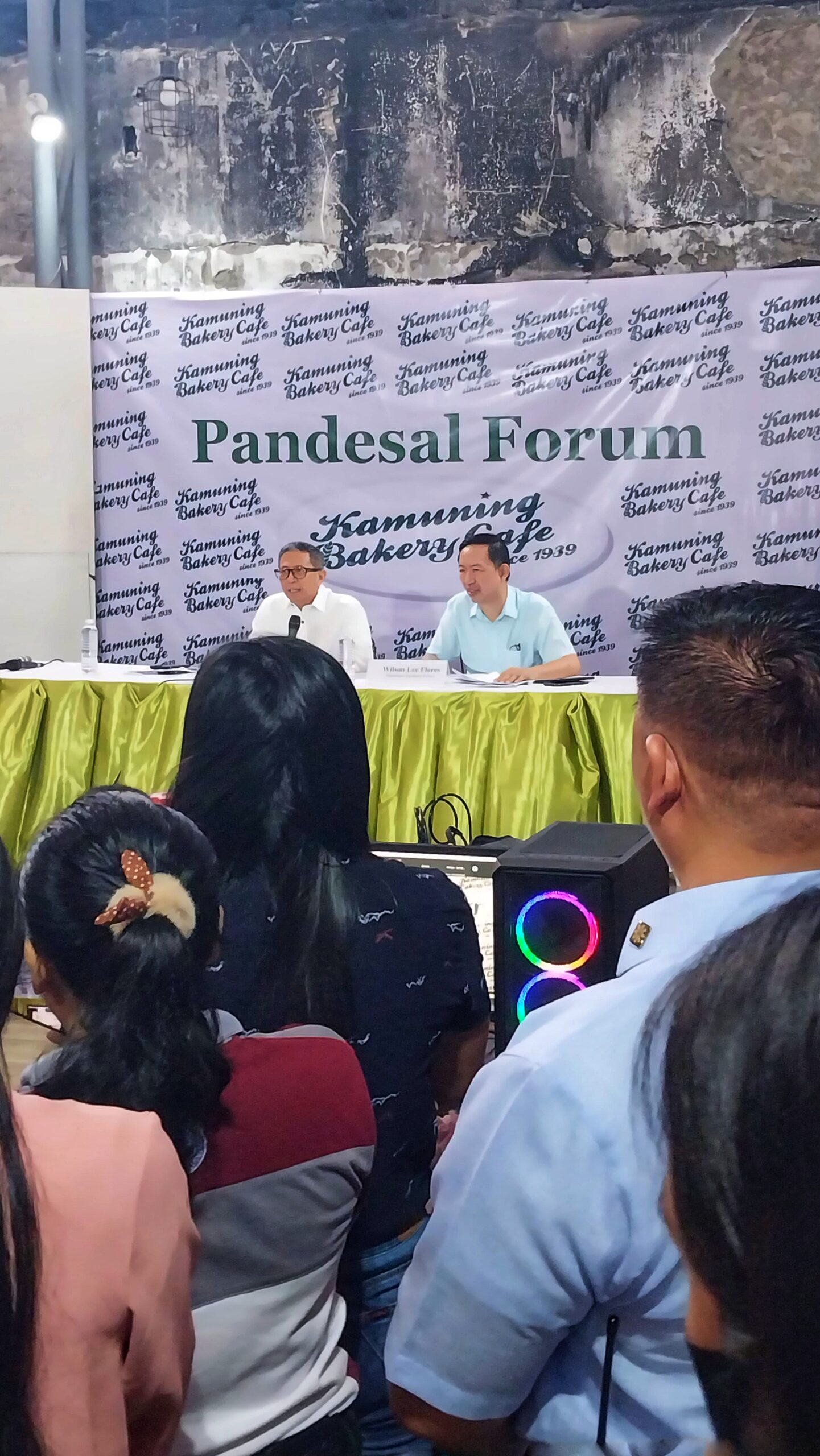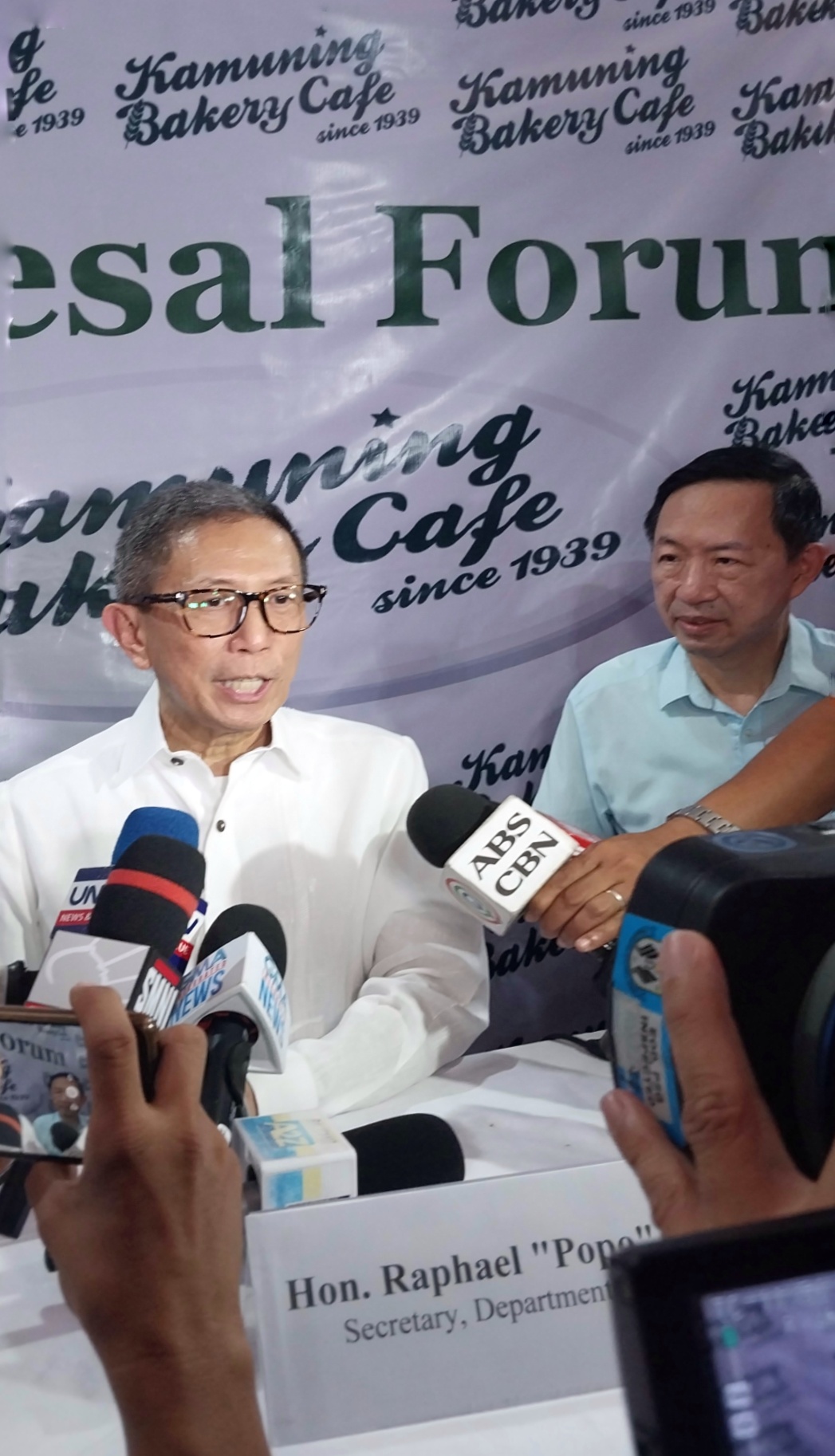ENERGY SECRETARY RAPHAEL “Popo” LOTILLA ENCOURAGES SYNERGIES TO ATTAIN RIGHT ENERGY MIX, ENERGY SECURITY, THE MALAMPAYA PLANS, OPENING TO NUCLEAR OPTIONS WITH MODER TECHNOLOGIES AND OTHER REFORM
Stories on Fyre
Latest Stories
HUAWEI TEAMS UP WITH RUNRIO FOR MANILA’S ‘ACTIVE RINGS’ COMMUNITY RUN...
Don't be left behind! Read my latest story!

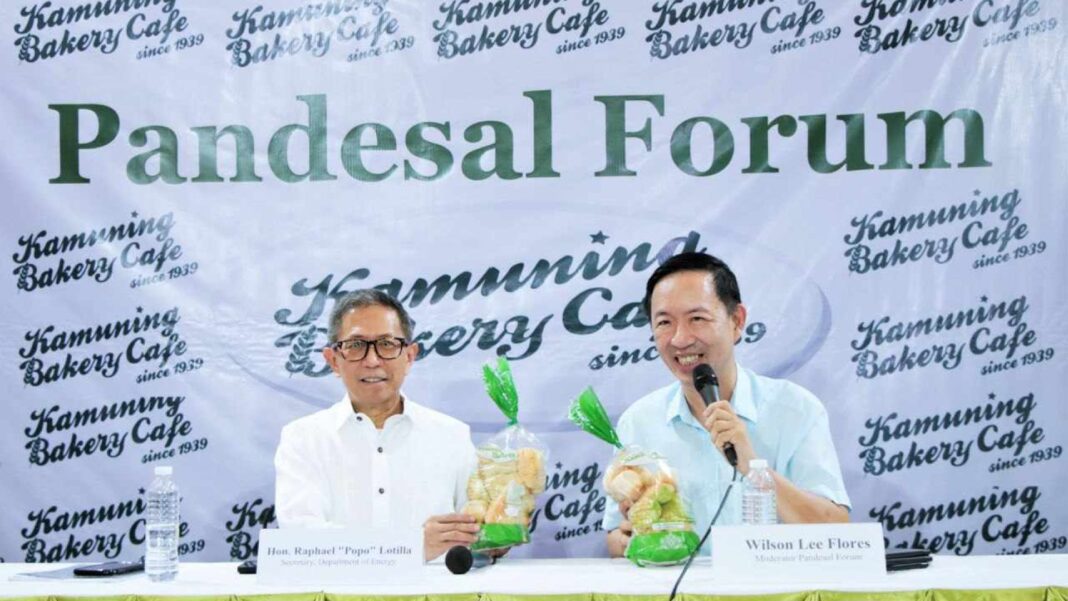

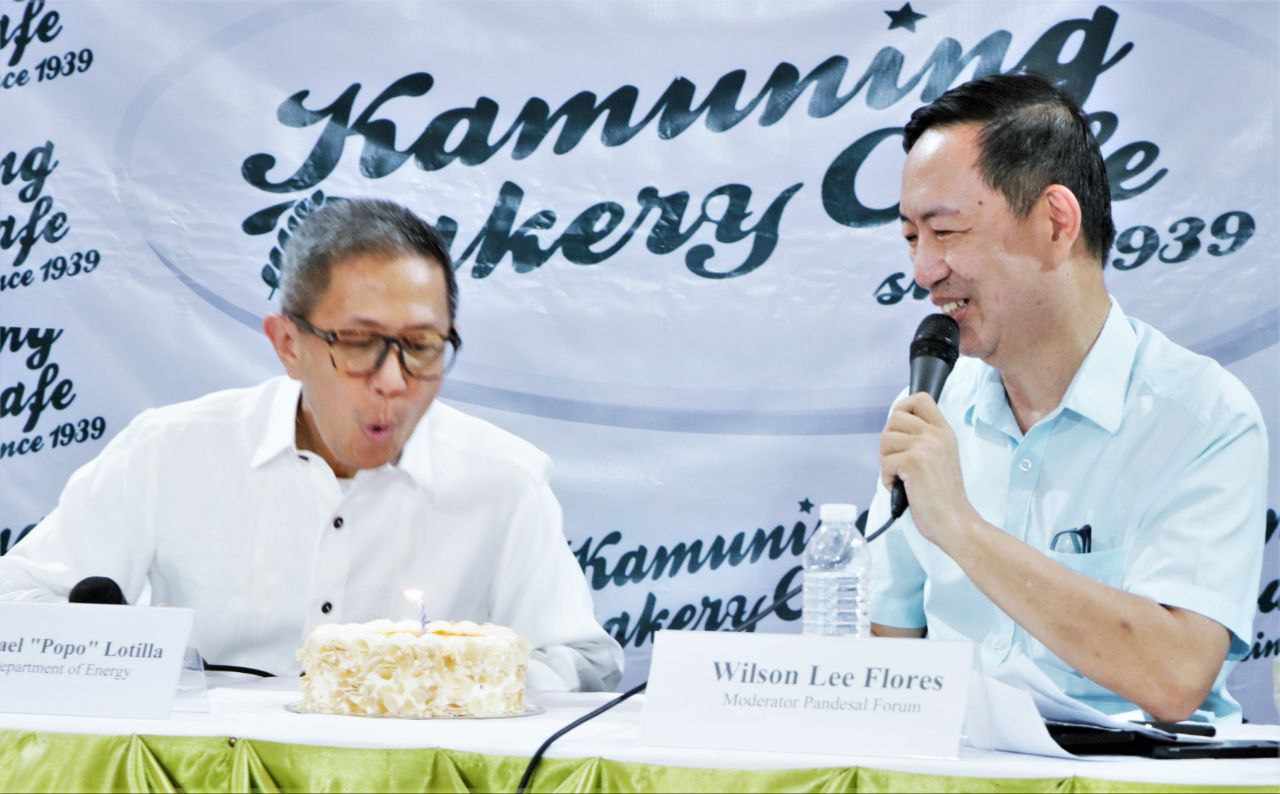 Secretary Lotilla on the justification of tapping domestic sources, including that of renewable energy (RE): “We need to develop more of our indigenous energy resources. Our push for renewable energy is not just being pushed by the sustainability side or because of pressures from the international community. It is because the Philippines has not been as gifted with fossil fuels. But fortunately for us, on the renewable side, we have more of those resources.”
Secretary Lotilla on the justification of tapping domestic sources, including that of renewable energy (RE): “We need to develop more of our indigenous energy resources. Our push for renewable energy is not just being pushed by the sustainability side or because of pressures from the international community. It is because the Philippines has not been as gifted with fossil fuels. But fortunately for us, on the renewable side, we have more of those resources.”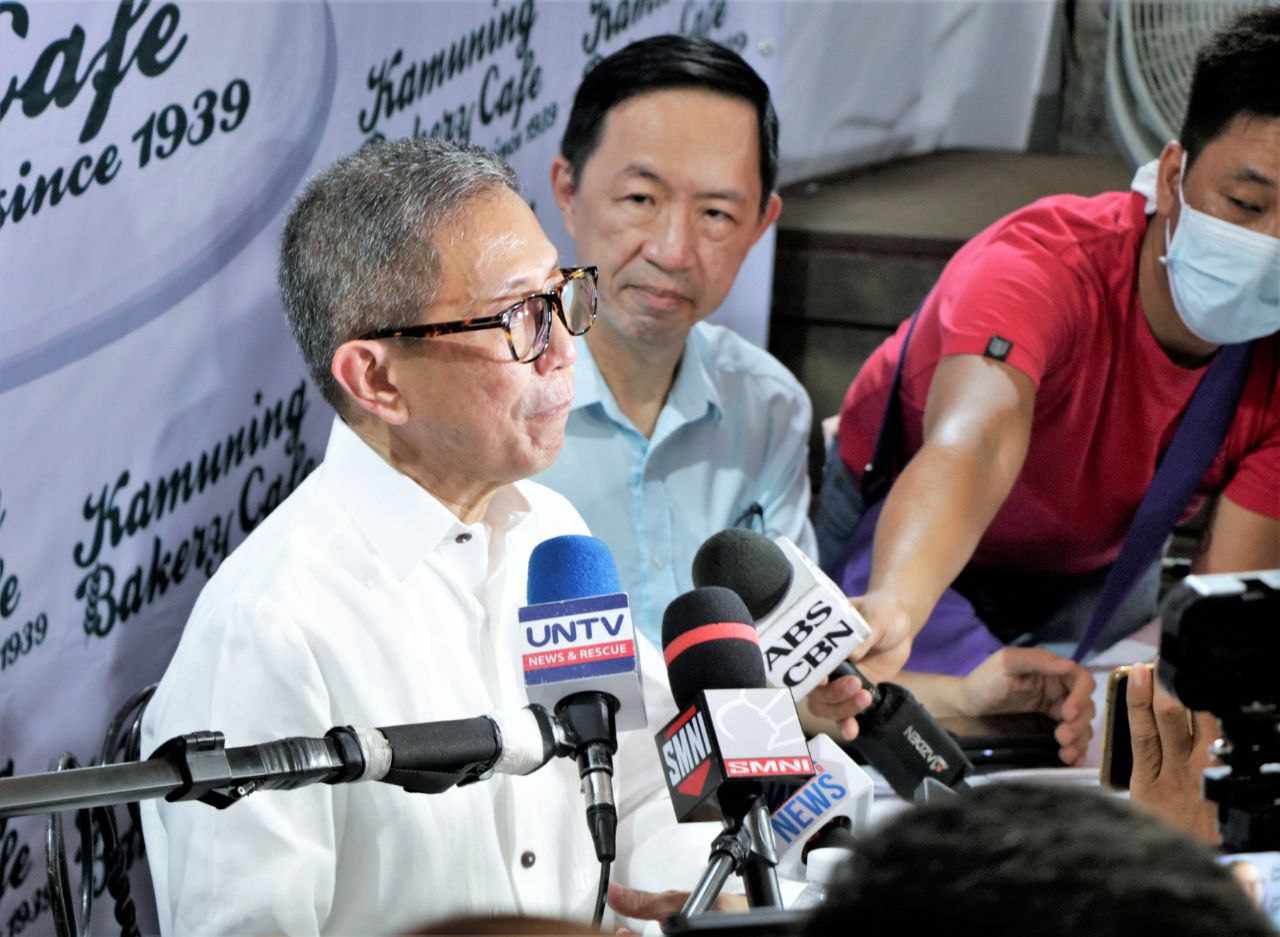
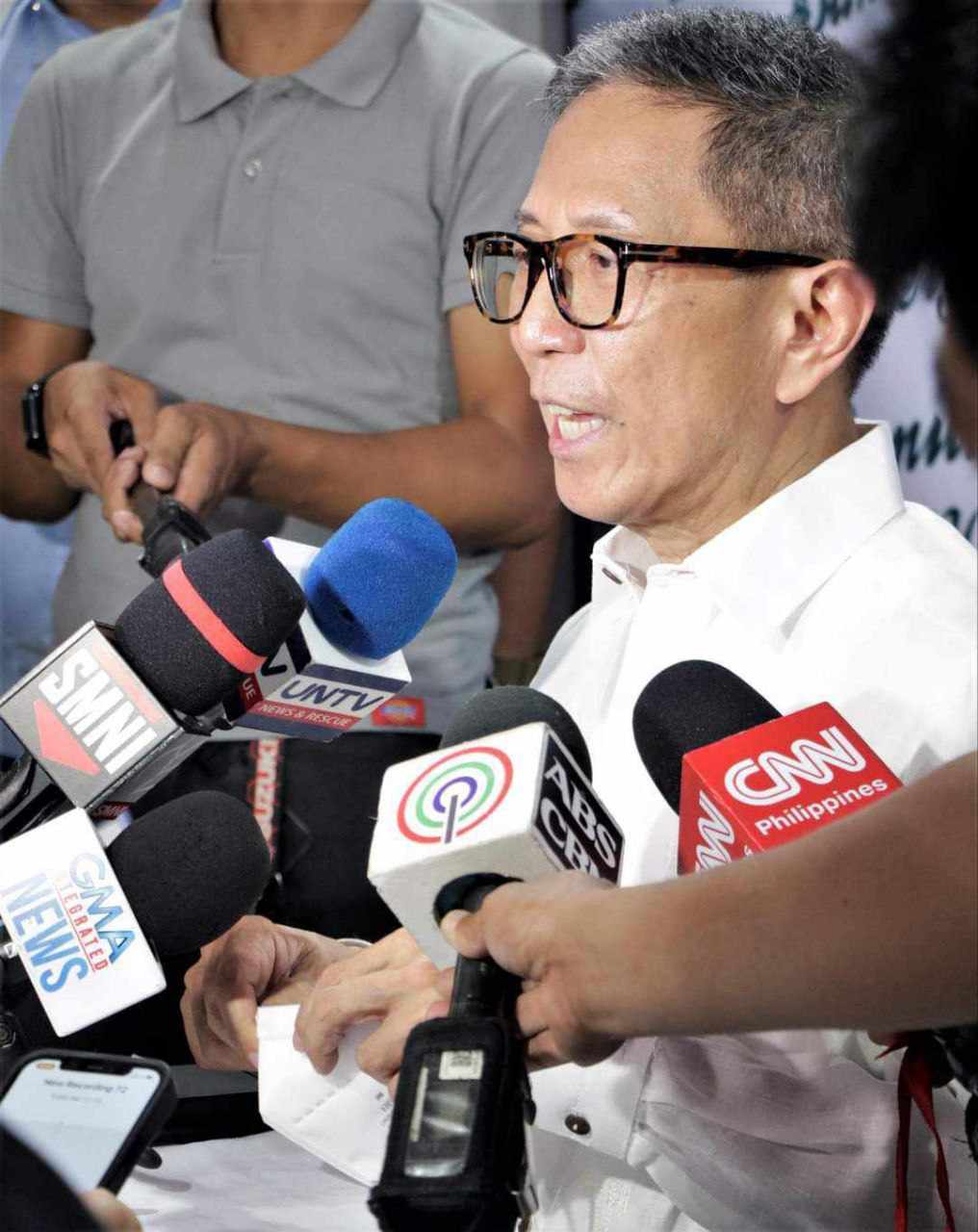
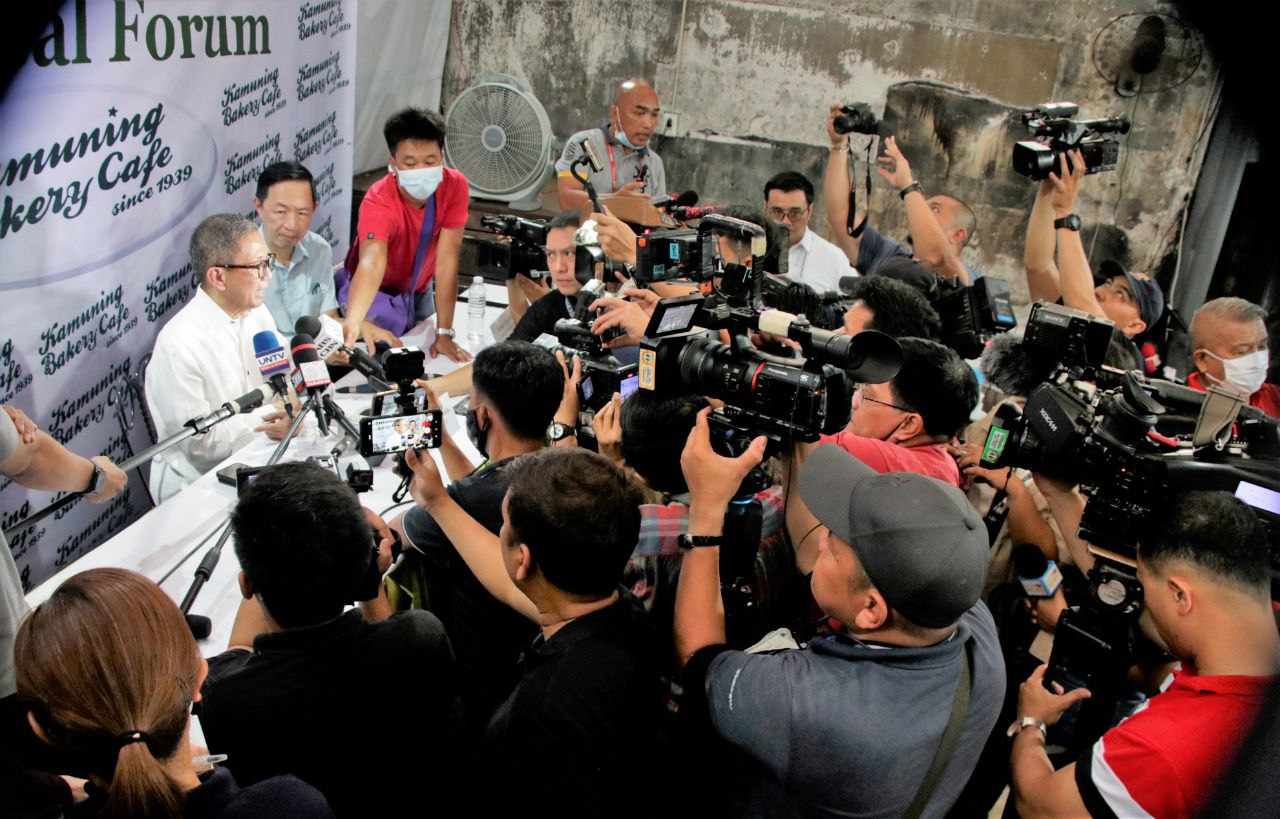
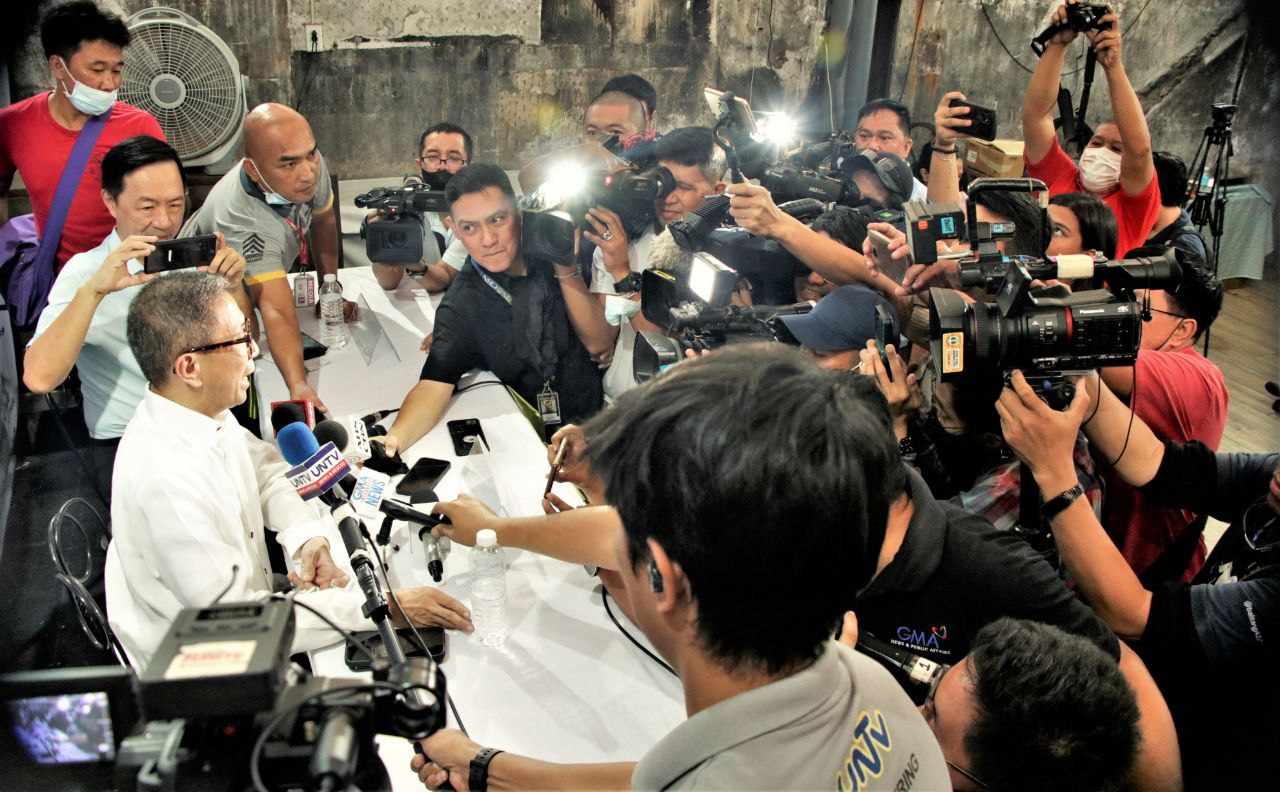 Secretary Lotilla also underscored the government’s advocacy for energy efficiency and conservation, which requires more efficient use of electricity and the reduction of waste: “We want to encourage, for example, our industry and manufacturing sector to upgrade their facilities to more efficient ones. It makes business sense to do so because that will lower the energy cost of the manufacturing sector.”
Secretary Lotilla also underscored the government’s advocacy for energy efficiency and conservation, which requires more efficient use of electricity and the reduction of waste: “We want to encourage, for example, our industry and manufacturing sector to upgrade their facilities to more efficient ones. It makes business sense to do so because that will lower the energy cost of the manufacturing sector.”
